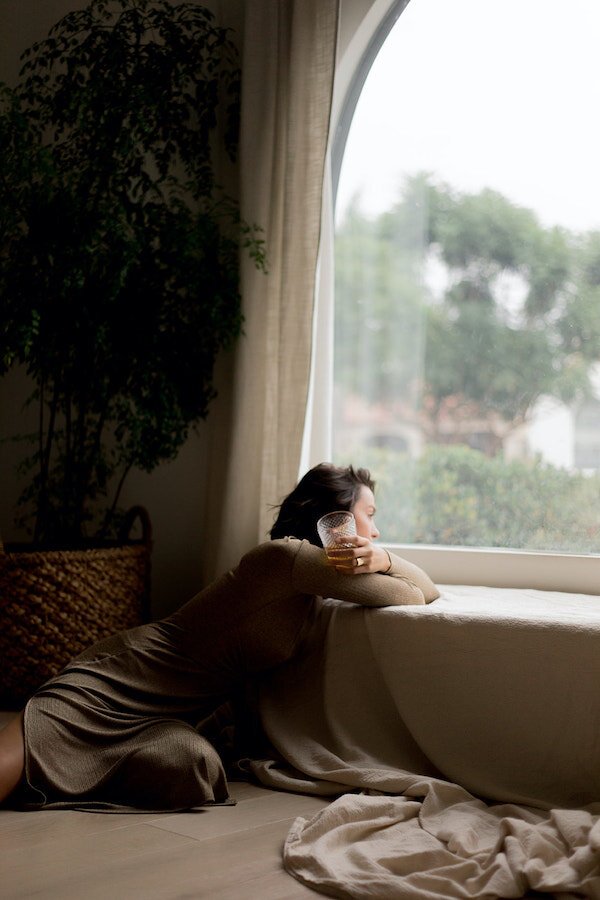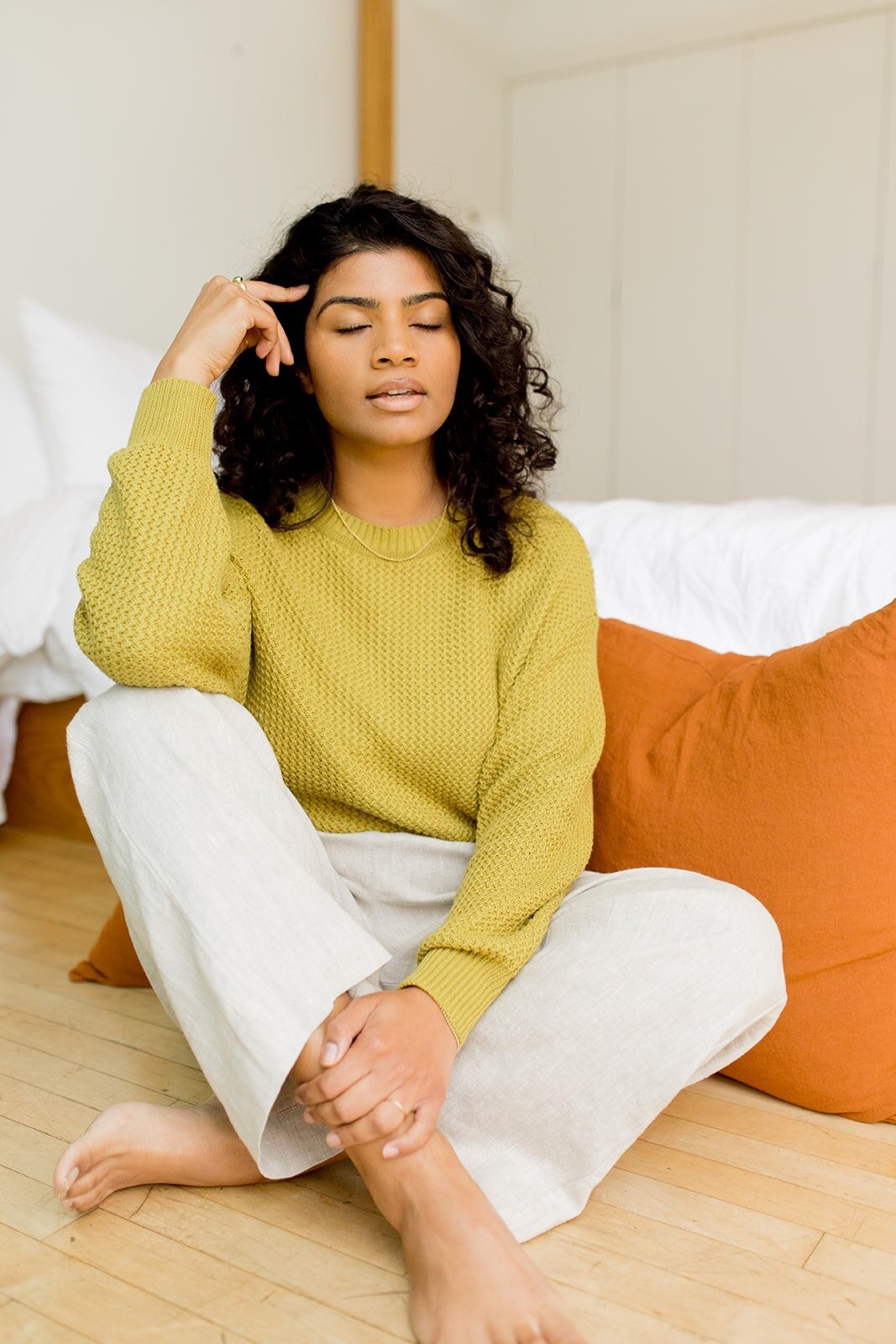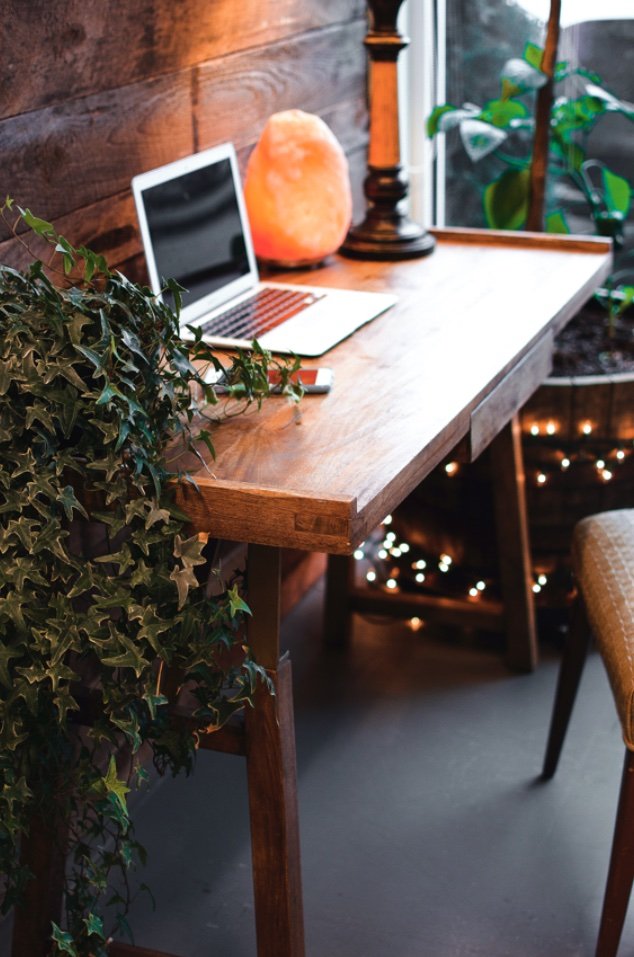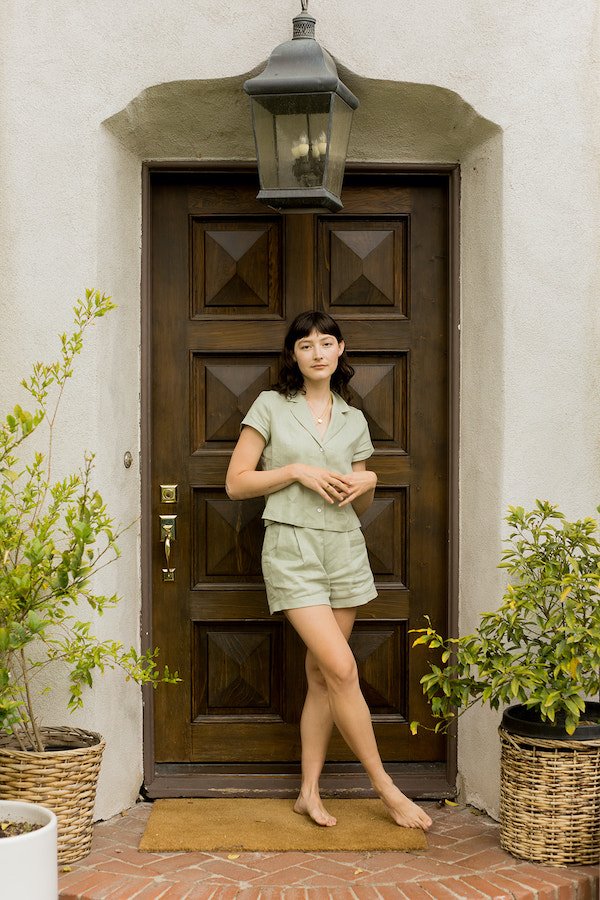
Is It Okay That I Feel Lonely Sometimes?
“I feel lonely.”
A few weeks ago, I admitted this to my partner. We were sitting on the couch after another relentlessly long week. My words, heavy with exhaustion, caught me by surprise. I didn’t know I’d been feeling lonely until I said it aloud.
Even more surprising, I didn’t realize that I’d been feeling lonely since before the pandemic—COVID had only exacerbated it. It took a year at home to reveal what has long existed:
I feel really, really lonely. And this loneliness has lingered.
There is a strange shame associated with admitting this, as if my confession means I’m somehow lacking, or like I don’t have the relationships or support I need. I often romanticize people who have friends in droves, attributing this to their likability. It’s easy then to make the mental jump and think my loneliness is somehow linked to my character. If only I was more likable. If only I had more friends.
“Too easily, we pass fleeting judgments without recognizing how deeply loneliness can sit inside people, painting how we see and interact with everything around us.”
But sometimes the loneliest I’ve ever felt is surrounded by people in big cities, smooshed up against the window of a bus. People feel lonely surrounded by noise and chaos all the time. There are no rules or limits. Too easily, we pass fleeting judgments without recognizing how deeply loneliness can sit inside us, painting how we see and interact with everything and everyone.
The truth is, loneliness is a shared experience (the irony). In 2019, Cigna conducted a national survey of 10,000 U.S. adults and found three in five participants feel lonely. This was up seven percent from the previous year. This was also before the pandemic.
The survey had a few other interesting observations, too. Age, race, gender, and income all factored into a person’s answers. Gen Zrs, for example, claimed to be lonelier than Millennials (who were lonelier than Boomers). And men reported being lonelier than women. You can see the full report here, but the key takeaway is that people have been lonely forever. It’s a universal experience that no one talks about.
Yet instead of admitting our vulnerability, we bury ourselves in work or to-do lists to hide our feelings. Sometimes we fall into a cycle that keeps us stuck. Loneliness leads to shame and sadness, which leads to scrolling our phones instead of reaching out for real connection.
“Loneliness is like a shadow in that way, and it can be easily overlooked when we’re familiar with solitude.”
Maybe we even hide the truth from ourselves. For me, I’m discovering that I use my “introvert” label to mask how truly isolated I sometimes feel—pandemic or otherwise. Though being alone isn’t the same as feeling lonely, and introversion differs from isolation, the two can get mixed up. Loneliness is like a shadow in that way, and it can be easily overlooked when we’re familiar with solitude. I feel lonely because I like to be alone.
As humans, we need each other. We’re ultimately social creatures with community woven into our DNA. Social isolation—especially in extreme forms like we’ve experienced this past year—only further reminds us of our need for belonging. When that need isn’t met, we’re left feeling lonely and can even experience depression. It’s an entirely valid reason to admit how we feel and seek help.
This, of course, is the hardest step—admitting where we’re at. It’s always a brave choice to confront our feelings, and it can require more courage when we’re facing loneliness. But sometimes saying something aloud can help shift our perspective so that we can take small steps towards change. Talking to my partner was what initially helped me to admit my loneliness to myself. From there, I could then explore options for finding connection.
“Sometimes saying something aloud can help us shift our perspective.”
Vulnerability reduces stigma and invites others to share where they’re at, too. I’ve discovered that checking on other lonely people actually helps to alleviate my own loneliness. Studies show that interaction with strangers can make us feel better. During COVID, acts like writing a note to a neighbor serve as a physical reminder that there are others out there. It can relieve feelings of isolation for both the writer and the recipient.
Technology also bridges gaps when we can’t physically be together—though I’ve personally found digital tools fail as a replacement for real connection. In the past year specifically, Zoom has increased levels of felt anxiety and loneliness for some people. The digital world can amplify isolation. When the camera goes off, we’re still alone. Of course, it’s what we have right now. And any form of connection is better than remaining isolated. Calls and texts with family and friends can be a lifeline, and I’m grateful for that.
If I can’t connect with someone, I like to move those feelings through my body with walks and exercise. I’ve found movement to be a fail-proof way to get me out of my head and away from the lonely thought narrative or sadness cycle. Connecting with nature—even if I’m by myself—also feels healing. I tend to remember how to hope when I turn my attention outwards and notice how the earth continues to heal itself and uphold humanity.
Is it okay that we feel lonely sometimes? Yes, because it’s a human experience. But I’ve learned it’s better not to linger if we can help it.
“We may be lonely, but we are never truly alone.”
Next time you feel lonely, remember: You are worthy of connection and belonging. And when it feels like too much, consider stepping outside and turning your face to the sun or stars, soaking up warmth and light. Just think, someone else out there is doing the exact same thing—maybe even me. We may be lonely, but we are never truly alone.
Do you ever experience feelings of loneliness? It’s okay if you do. I’d love to hear how you are handling isolation during this time. Feel free to share in the comments below. 💛
Kayti Christian (she/her) is a Senior Editor at The Good Trade. She has a Master’s in Nonfiction Writing from the University of London and is the creator of Feelings Not Aside, a newsletter for sensitive people.





